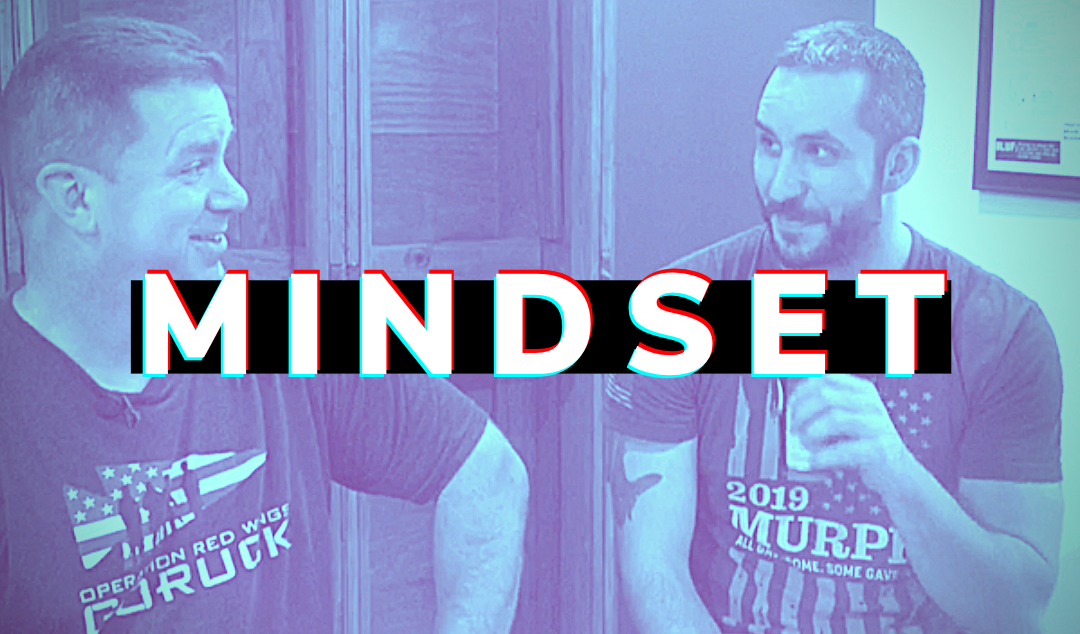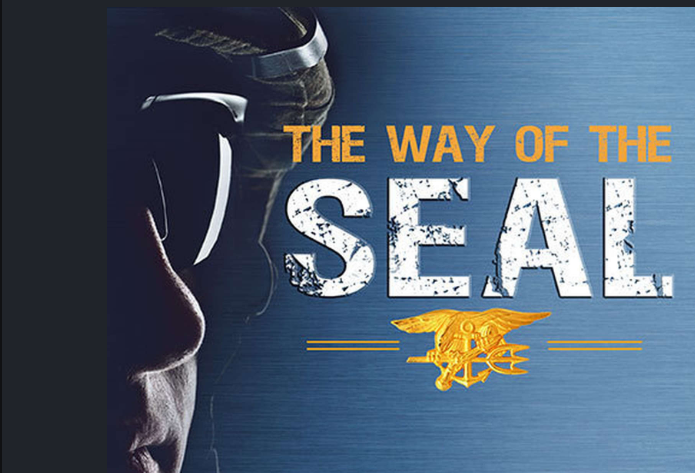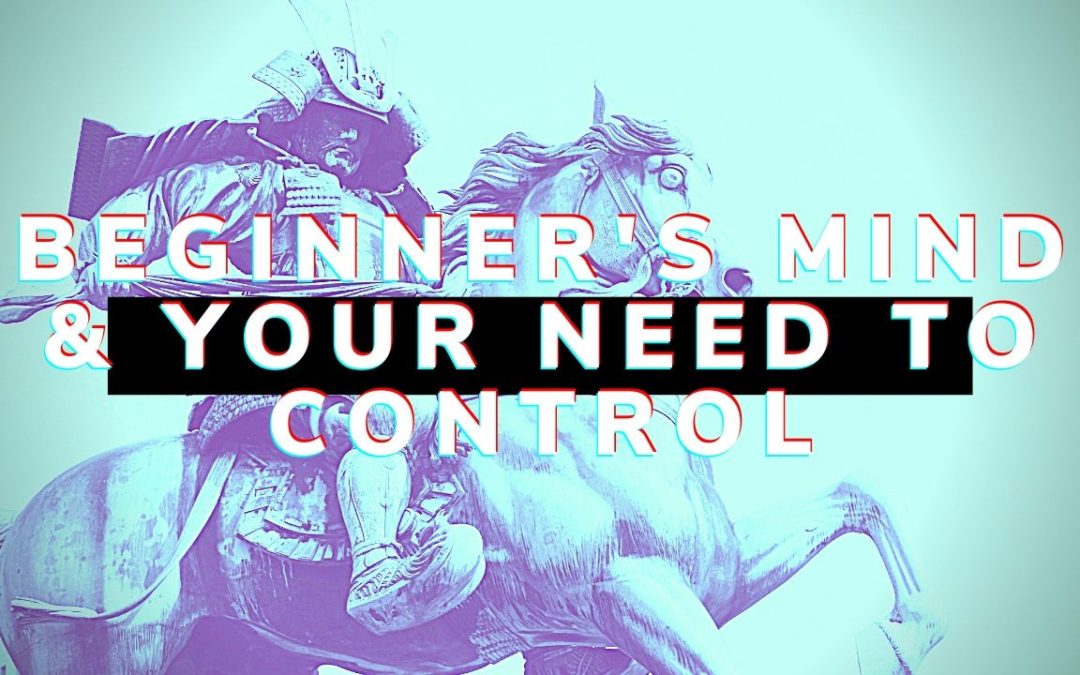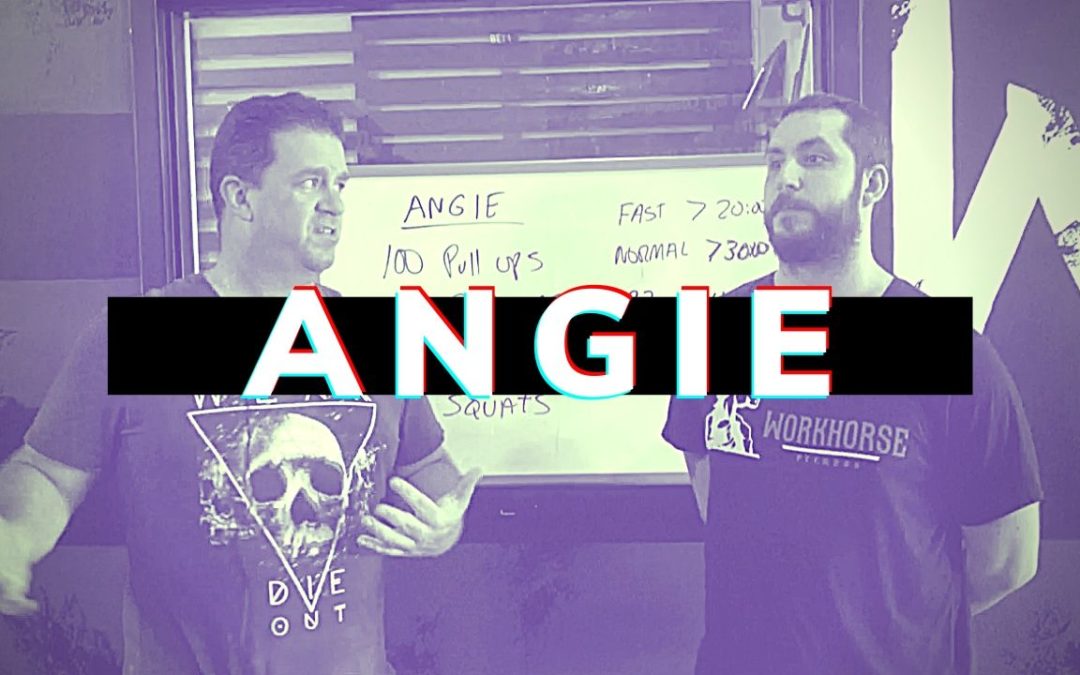
MINDSET
What is your mindset like?
How do you set yourself up for success when you’re undertaking a new challenge or attacking a goal? You start with your mindset, get that right and everything else is secondary.
(more…)
How do you set yourself up for success when you’re undertaking a new challenge or attacking a goal? You start with your mindset, get that right and everything else is secondary.
(more…)


A benchmark WOD is generally considered a workout standard across CrossFit allowing you to compare your progress against others. Girl WODs, such as Fran or Amanda, are examples of benchmark WODs.
(more…)

The moment that you think you’ve made it is the moment you stop learning.
In Zen Buddhism there is a word “Shoshin” which means “beginner’s mind.” This is a state when we have a sense of openness and eagerness to taking in new things. Removing any sense of preconception or notion that you already know something about the subject you are studying — even when you reach an advanced level.
“In the beginner’s mind there are many possibilities, in the expert’s mind there are few.”
— Shunryu Suzuki
If you bring a beginner’s mindset to something you have a higher chance of taking it in authentically. The Greek philosopher Epictetus is quoted as saying; “For it is impossible for anyone to begin to learn that which he thinks he already knows.” The Greek philosophers felt EGO was what stood in the way of true knowledge.
The beginner’s mind is a core aspect to the Zen mindset. Which involves the acceptance of “what is” and not allowing yourself to judge based on emotions or having a gut reaction to something. The way to true change is to accept yourself and world for what it is. This is true in both Zen practice and Stoic practice. We should strive to look within ourselves with a sense of openness and acceptance as opposed to judging what we are or are trying to become.
This dichotomy is difficult to wrap your head around. On one hand you need to not be happy with where you personally in life to strive to improve, but on the other hand you should not judge yourself too harshly yet at the same time make actual improvements. The question then is; is removing judgement actually an act of improvement in itself.
I would say yes, since judgement often holds us back both externally and more importantly internally. It isn’t enough to simply be non-judgement of who we are or where we are in life but we need to simply accept it for what it is first.
A good example of this is when I was recently working with a Karate student, this person has an advanced level of training in a similar style. As we began working the Kata (A floor exercise of Karate movements fighting one or more imaginary attackers.) lesson I noticed he was struggling to perform the techniques in the way I was demonstrating. His previous knowledge that had been ingrained in him was preventing absorbing the things I was teaching. It wasn’t on purpose, it was ‘muscle memory’ of course, but the result was a ‘full cup’.
This reference to a ‘full cup’ is from reference to a classic Zen story about having a beginner’s mind which goes:
Once, a long time ago, there was a wise Zen master. People from far and near would seek his counsel and ask for his wisdom. Many would come and ask him to teach them, enlighten them in the way of Zen. He seldom turned any away.
One day an important man, a man used to command and obedience came to visit the master. “I have come today to ask you to teach me about Zen. Open my mind to enlightenment.” The tone of the important man’s voice was one used to getting his own way.
The Zen master smiled and said that they should discuss the matter over a cup of tea. When the tea was served the master poured his visitor a cup. He poured and he poured and the tea rose to the rim and began to spill over the table and finally onto the robes of the wealthy man. Finally the visitor shouted, “Enough. You are spilling the tea all over. Can’t you see the cup is full?”
The master stopped pouring and smiled at his guest. “You are like this tea cup, so full that nothing more can be added. Come back to me when the cup is empty. Come back to me with an empty mind.”